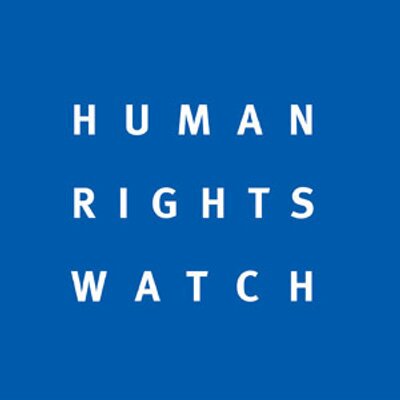On Wednesday, a High Court in Zimbabwe struck down provisions of the country’s Criminal Law Codification and Reform Act, commonly referred to as the “Patriotic Act,” as unconstitutional.
The Patriotic Act, which President Emmerson Mnangagwa signed into law in July 2023, contains overly broad provisions that make the rights to freedom of expression, peaceful assembly, and association a criminal offense.
The act created the crime of “willfully injuring the sovereignty and national interest of Zimbabwe,” which effectively criminalizes Zimbabwean civil society groups and human rights defenders who criticize the government at international forums and prohibits them from seeking external avenues for accountability for rights violations.
In its ruling, the court stated that the drastic penalties prescribed under section 22A(3) of the act, which include life imprisonment, the death penalty, termination of citizenship, and suspensions from voting and holding public office, infringed on various sections of the Zimbabwean Constitution.
Media Alliance of Zimbabwe and Zenzele Ndebele, a private citizen, who brought the case before the court, argued that section 22A(3) and other provisions had high potential for abuse and misuse. They contended that the sections had the effect of silencing dissenting voices and were therefore unfair, unnecessary, and unreasonable in a democratic society. They also said that the law did not sufficiently define what constituted “willfully injuring the sovereignty and national interest of Zimbabwe.”
When President Mnangagwa signed the bill into law, domestic and international human rights and civil society organizations, including the Office of the United Nations High Commissioner for Human Rights, Zimbabwe Lawyers for Human Rights, and Human Rights Watch, expressed concern that the law would further threaten and erode freedoms of expression and association in the country. Several other groups signed a statement calling for the repeal of the law, stating that it carried provisions “not necessary or justifiable in a democratic society.”
While striking down sections of the law as unconstitutional is a positive step, the Zimbabwe government should repeal the draconian Patriotic Act altogether, as it contains overly broad and vaguely defined provisions, such as those criminalizing participation in meetings “with the intention of promoting calls for economic sanctions against the country.” Such provisions amount to serious violations of the fundamental human rights to freedom of expression, peaceful assembly, and association protected under international human rights law.
Distributed by APO Group on behalf of Human Rights Watch (HRW).


